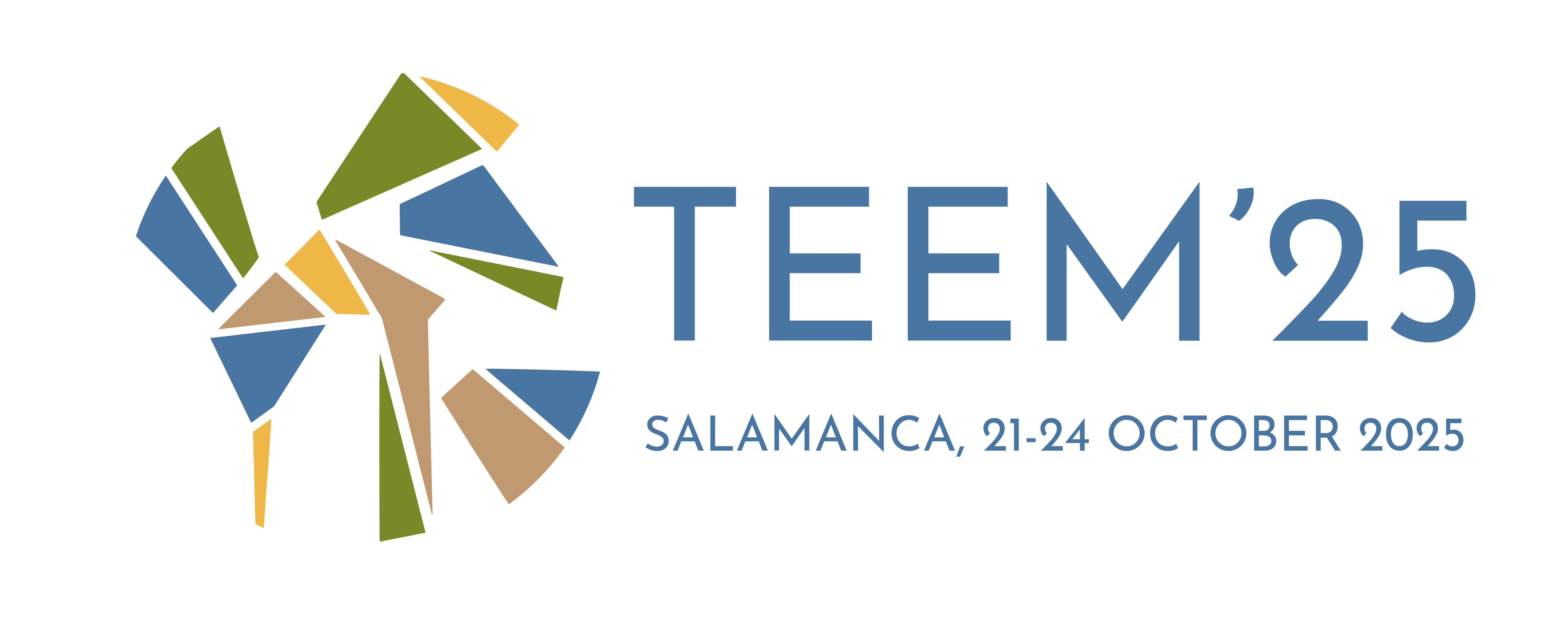This track focuses on a line of educational research highlighting the importance of assessment as an essential tool for continuously improving systems, contexts, organisations, educational programmes and individual learning. We recognise that, when it is carried out rigorously, systematically and based on a solid scientific basis, assessment can transform education at all stages and in all contexts.
Assessment should not be understood as a diagnostic or measurement exercise but as a comprehensive process providing valuable information for informed decision-making. From early childhood to higher education, together with lifelong learning, the quality assessment identifies strengths, areas for improvement and opportunities to ensure equitable, inclusive and relevant education.
In this context, research related to educational assessment is addressed at all levels and contexts, from school to university, from the formal to the social sphere. This includes the analysis of aspects such as the education system, the quality of institutions, teacher performance, student progress, pedagogical practices and educational innovations implemented in different learning contexts, whether face-to-face or virtual. Both cognitive and non-cognitive outcomes are also explored, adopting a holistic perspective that allows for an in-depth understanding of educational processes and their impact.
However, rigorous assessment cannot be separated from appropriate educational guidance strategies. By providing personalised and informed support to students, guidance reinforces the positive impact of assessment by facilitating academic, vocational, and personal decision-making. This balance between assessment and guidance supports students in building solid and coherent trajectories while optimising educational processes from a more humane and holistic approach.
Finally, we hope to count on the participation of national and international research teams that, with their scientific contributions, provide significant advances in educational fields as relevant as the evaluation of programmes, institutions and learning outcomes, as well as in the design of guidance practices that promote educational success and equity.
- Assessment of Student Cognitive Results
- Assessment of Student Non-Cognitive Results
- e-Assessment
- Assessment of the Education System
- Large-scale Assessment
- Value-added, Effectiveness and Quality of Education
- Teachers and Schools assessment
- Assessment of Educational Innovations
- Feedback and feedforward in education
- Culturally Responsive Assessment
Track Scientific Committee
Agustín Rodríguez Esteban, Universidad de León, Spain
Alberto Ortiz López, Universidad de Salamanca, Spain
Ana María Pinto-Llorente, Universidad de Salamanca, Spain
Camino Ferreira Villa, Universidad de León, Spain
Cristina Frade Martínez, Universidad de Salamanca, Spain
Diego González Rodríguez, Universidad de León, Spain
Fernando Martínez Abad, Universidad de Salamanca, Spain
Javier Vidal, Universidad de León, Spain
Joe O’Hara, Dublin City University, Ireland
Juan Pablo Hernández Ramos, Universidad de Salamanca, Spain
Maria Figueiredo, Instituto Politécnico de Viseu, Portugal
María José Rodríguez-Conde, Universidad de Salamanca
Maria Luísa Lebres Aires, Universidade Aberta, Portugal
Martin Brown, Dublin City University, Ireland
CHAIRS:

Susana Olmos Migueláñez
Universidad de Salamanca, Spain

Adriana Gamazo
Universidad de Salamanca, Spain

José Carlos Sánchez-Prieto
Universidad de Salamanca, Spain
